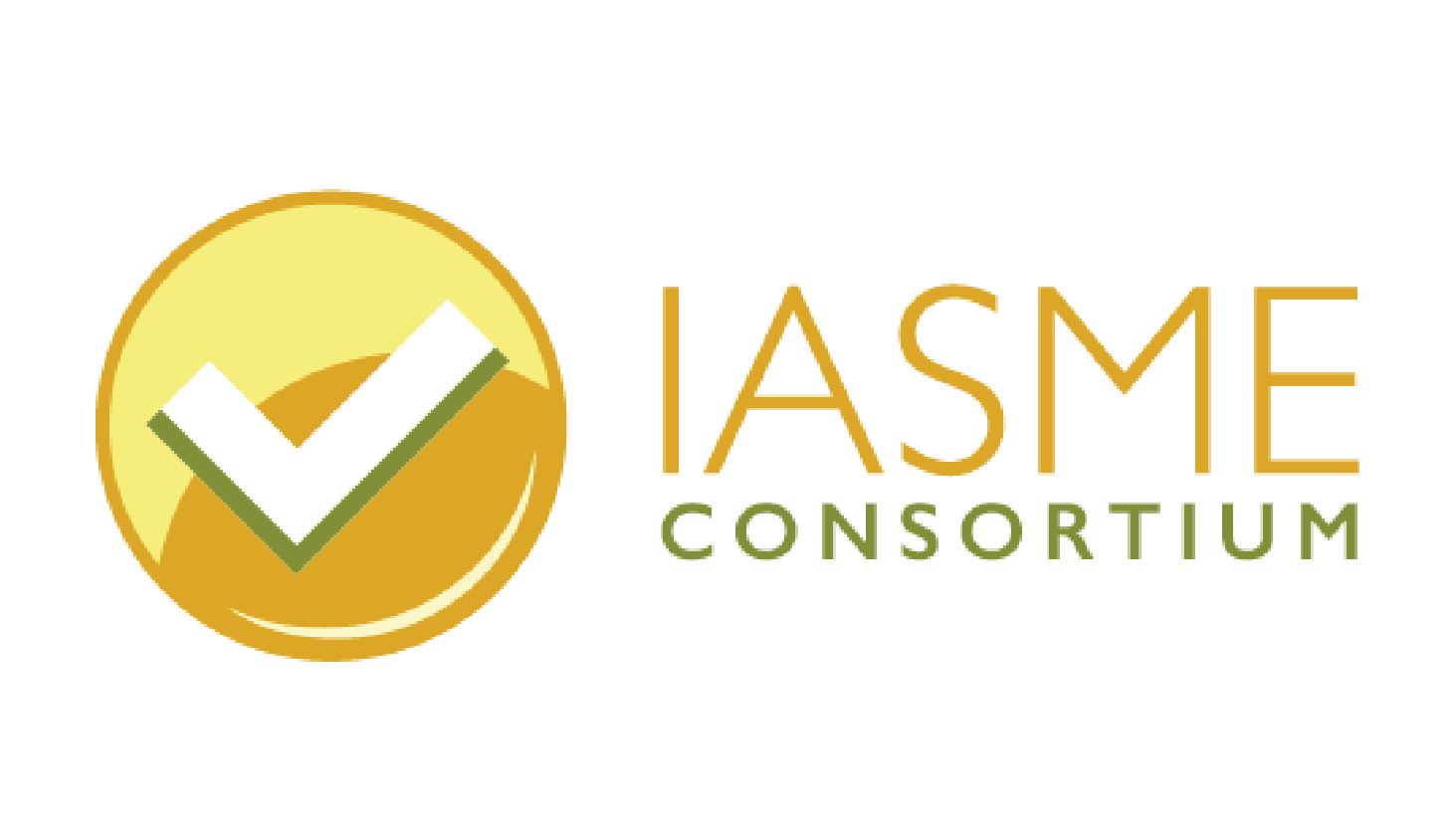Whether you aim to distinguish your organisation in a competitive market, strengthen security, or cultivate trust among your stakeholders, Cyber Essentials forms the cornerstone of your journey. It’s not a single endeavour but a continuous pledge to safeguard against the ever-evolving realm of cyber threats.
Cyber Essentials
Cyber Essentials is a UK government scheme which demonstrates your commitment to cyber security and helps you to guard against up to 80% of IT security breaches.
In order to bid for central government contracts that involve handling sensitive and personal information or the provision of certain technical products and services, Cyber Essentials certification has been mandatory since 1 October 2014.
Cyber Essentials PLUS
Cyber Essentials PLUS is the same as the basic Cyber Essentials Assessment with the addition of a series of on-site technical assessments. The on-site technical assessments are used to verify your answers and ensure you are protected against various attack scenarios.
This extra stage of independent testing gives you even greater peace of mind that your security reaches a certain standard and is particularly recommended for organisations holding confidential information.
Daisy works in partnership with the National Cyber Security Centre (NCSC) and Information Assurance for Small Medium Enterprises (IASME), providing consultancy and certification for both Cyber Essentials (Part 1) and Cyber Essentials Plus (Part 2) accreditation.
The Five Key Controls of Cyber Essentials
In a landscape where more than 80% of UK businesses face preventable security threats, the Cyber Essentials framework stands as a robust security foundation applicable to businesses across all industries. Aligning with five core technical controls, obtaining Cyber Essentials certification is a straightforward endeavour. These controls encompass:
Safeguard your systems from viruses and other malicious software by employing well-configured anti-malware solutions and permitting only trusted applications.
Opt for the most secure configurations for your devices and software by updating passwords and eliminating unused accounts and software.
Manage access to administrator accounts to regulate which individuals can reach your data and services.
Safeguard against potential weaknesses by ensuring your devices and applications remain current and updated.
Create a protective boundary between your IT network and external networks to assess whether incoming traffic should be permitted on your network.
Assessing your security
The basic assessment comprises a vulnerability scan and a self-assessment questionnaire, which aim to assess the effectiveness of currently deployed security measures.
The self-assessment questionnaire serves two purposes; to gain technical scoping information and to assess the effectiveness of your current security controls.
How to Obtain Cyber Essentials Certification
Whether you’re embarking on the journey to fortify your security from the ground up or considering a renewal of your Cyber Essentials certification, we’ve got you covered. The simplest and most efficient route to Cyber Essentials certification involves consultant-led compliance support. Offering remote guidance, personalised policy documentation, and complimentary retesting, achieving Cyber Essentials certification has never been more accessible.
Daisy works in partnership with the NCSC and IASME, providing consultancy and certification for both Cyber Essentials (Part 1) and Cyber Essentials Plus (Part 2) accreditation.
Daisy is IASME accredited

FAQs
Certification to Cyber Essentials is mandatory for Central Government organisations whose services involve the handling of personal information, as well as the provision of some IT services.





